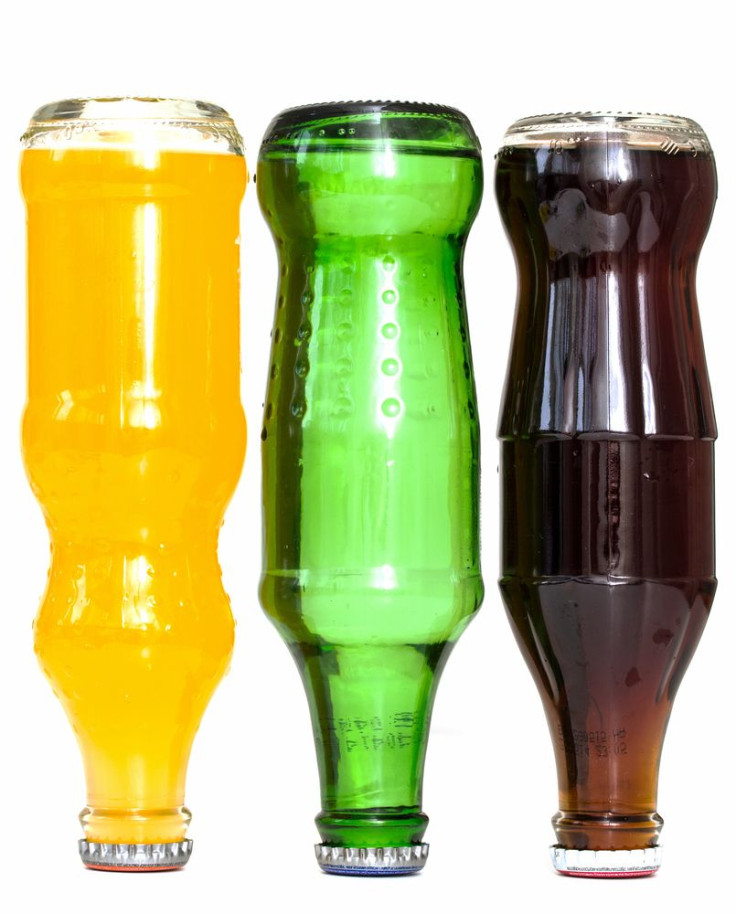
Last year, Mexico earned the title of the world's fattest nation by the UN Food and Agriculture Organization (FAO). In their 2013 FAO report -- titled "Food Systems for Better Nutrition" -- FAO revealed that 32.8 percent of Mexican adults were obese. A few months after, Mexican President Enrique Peña Nieto announced that his government would be implementing a soda tax of an extra peso, or about 8 cents, per liter of soft drinks and other sugary beverages.
Now, according to the BBC, the Mexican government has announced that it will be banning television advertisements for soft drinks and high-caloric food to combat obesity. The ban will be implemented effective immediately on terrestrial and cable TV between 14:30 and 19:30 on weekdays and between 07:30 and 19:30 at weekends. Similar restrictions will be placed in movie theaters. This single move will estimated to eliminate 40 percent of advertisements for soft drinks, confectionery and chocolates.
Other nations -- such as the UK, Norway and Quebec province in Canada -- have taken similar measures in banning junk food advertising in children's television, but these have not been able to place bans during more popular programming.
But Mexico also has a bigger battle to fight. Not only are 70 percent of adults and 30 percent of children in Mexico are obese or overweight -- an epidemic that is estimated to cost the public health care system $11.7 billion by 2017 -- but the American Heart Association revealed that Mexico has the highest incidence mortality in the world related to the consumption of sugary beverages. What's more, Mexicans have a high incidence of diabetes as well.
When it comes to sugary drinks, Mexico's rate of consumption is significant. Mexico is the largest consumer of soda in the world, with the average Mexican consuming over 163 liters each year and spending $14.3 billion on soft drinks annually. With their high rate of consumption, soda is the primary source of calories in Mexico, with almost a quarter of Mexican calorie consumption coming from soft-drinks. One major reason: access. In some parts of Mexico, consumers have easier access to soda than clean water.
And if you think television advertisements do not play a role in unhealthy food consumption, then think again! One study from Dartmouth University found that the more familiar an individual is with fast food commercials, the more likely they are to be obese.
“We know that children and adolescents are highly exposed to fast-food restaurant advertising, particularly on television. This study links obesity in young people to familiarity with this advertising, suggesting that youth who are aware of and receptive to televised fast-food marketing may be at risk for health consequences,” said lead author Auden C. McClure, MD, MPH, FAAP, assistant professor in the Department of Pediatrics at Children’s Hospital at Dartmouth, Dartmouth-Hitchcock Medical Center.
© 2025 Latin Times. All rights reserved. Do not reproduce without permission.




